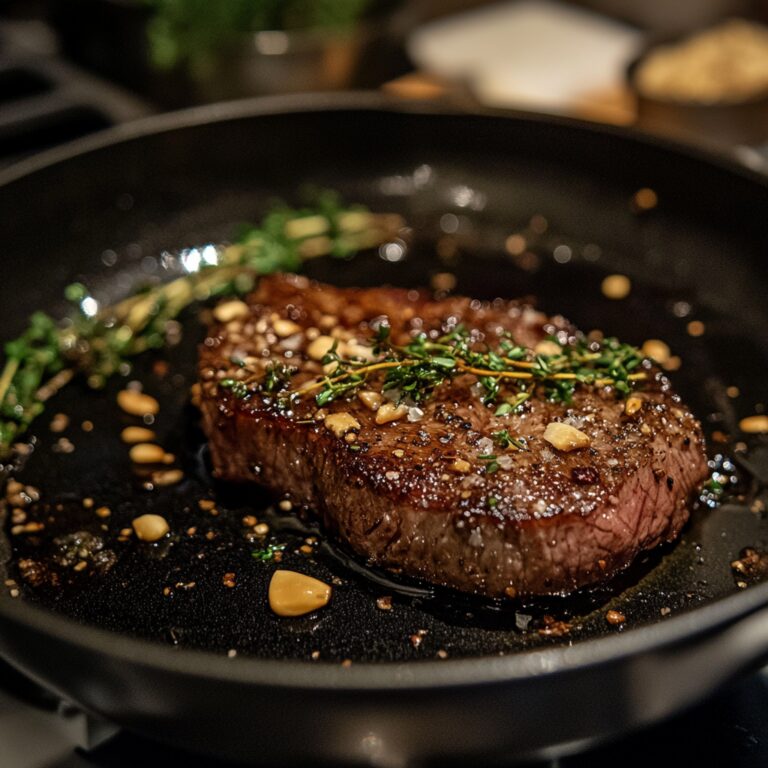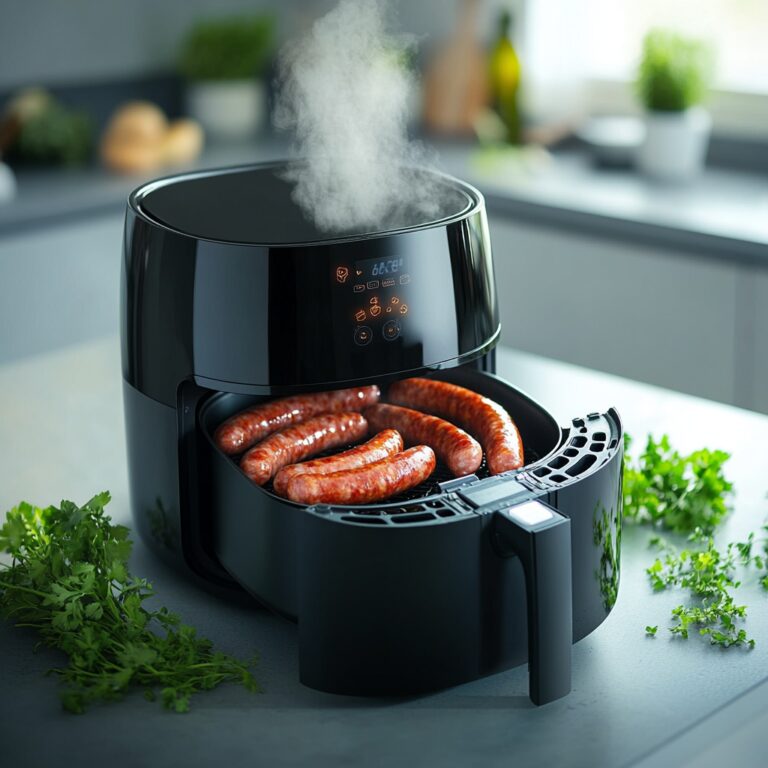Navigating Cottage Food Laws: Effective Strategies for Home-Based Businesses
Starting a home-based food business can be a rewarding venture, allowing you to turn your culinary passions into a profit. However, understanding and complying with cottage food laws is crucial to ensure your business operates legally. This comprehensive guide will help you navigate these regulations and optimize your home-based business strategy.
Understanding Cottage Food Laws
Cottage food laws vary by state and can cover a wide array of rules governing the production and sale of homemade foods. Familiarizing yourself with these laws is the first step toward launching your home business.
Key Elements of Cottage Food Laws
**Types of Foods Allowed**
**Sales Limitations**
**Labeling Requirements**
Most cottage food laws specify the types of foods you can sell. Generally, the list includes low-risk foods such as:
- Baked goods (e.g., cookies, cakes, breads)
- Jams and jellies
- Dry mixes and spices
Sales limitations typically include:
- Total annual sales cap
- Selling venues (e.g., farmers’ markets, direct-to-consumer)
- Geographical restrictions (within state limits)
Labeling requirements might involve:
- Ingredient list
- Allergen declarations
- Statement indicating that the food was made in a home kitchen
Setting Up Your Home-Based Business
Once you understand the local regulations, you can begin setting up your business.
Legal Structure and Registration
Choosing a legal structure such as a sole proprietorship or LLC can impact your liability and tax obligations. Ensure to register your business with the appropriate state and local authorities. This step might include obtaining:
- Business license
- Food handler’s permit
- Sales tax permit
Establishing Your Production Space
Your kitchen must meet cleanliness standards to produce safe and compliant food products. This involves regular sanitation practices, proper food storage, and eliminating cross-contamination risks. Some states may require an annual inspection for compliance.
Insurance Needs
Insurance is essential for protecting your business from potential liabilities. General liability insurance can cover accidents or illnesses caused by your food products, while property insurance can protect your equipment and inventory.
Marketing Your Home-Based Food Business
Effective marketing is crucial for attracting customers and generating sales. Here are some strategies to consider:
Creating a Brand
**Develop a unique brand identity** that reflects your products and appeals to your target audience. Elements of a strong brand include:
- Logo
- Color scheme
- Brand messaging
Building an Online Presence
A well-designed website and active social media profiles are powerful tools for marketing your business.
- **Website:** Include product descriptions, ordering information, and an about page.
- **Social Media:** Regularly post engaging content such as behind-the-scenes photos, customer testimonials, and promotional offers.
Networking and Local Partnerships
Connecting with local businesses and participating in community events can increase your visibility and customer base.
- **Farmers’ Markets:** Set up a booth to sell your products and engage with customers directly.
- **Local Retailers:** Collaborate with local stores to offer your products on consignment or wholesale.
Effective Sales Strategies
Maximizing your sales efforts involves strategic planning and execution.
Pricing Your Products
Setting the right price for your products is crucial to balancing profitability with customer satisfaction. Consider these factors:
- Cost of ingredients and supplies
- Labor and time invested
- Competitor pricing
- Perceived value of your products
Offering Promotions
Promotional strategies can attract new customers and encourage repeat business:
- **Discounts and Special Offers:** Offer limited-time discounts or bundle deals to incentivize purchases.
- **Loyalty Programs:** Implement a rewards system to encourage repeat customers.
Streamlining Orders and Delivery
Efficient order processing and delivery are key to customer satisfaction. Implement an online ordering system to streamline processes. Decide whether you will offer delivery, pickup, or both.
Staying Compliant and Scaling Your Business
Compliance is an ongoing process in a home-based food business.
Regularly Update Knowledge of Laws
Stay informed about any changes to cottage food laws by regularly reviewing state regulations and joining industry associations or local business groups.
Feedback and Improvement
Customer feedback is invaluable for improving your products and services. Consider conducting surveys or encouraging reviews to understand customer preferences and areas for growth.
Future Growth
Once your business is established, consider ways to scale:
- **Expand Product Line:** Introduce new items within the allowed categories.
- **Increase Production Capacity:** Invest in equipment or hire part-time help to meet demand.
- **Explore New Markets:** Research opportunities to sell in additional venues or neighboring states.
Navigating cottage food laws and building a successful home-based food business requires diligence and strategic planning. By understanding the regulations, setting up a compliant kitchen, marketing effectively, implementing strong sales strategies, and staying compliant, you can turn your culinary passion into a thriving business.





